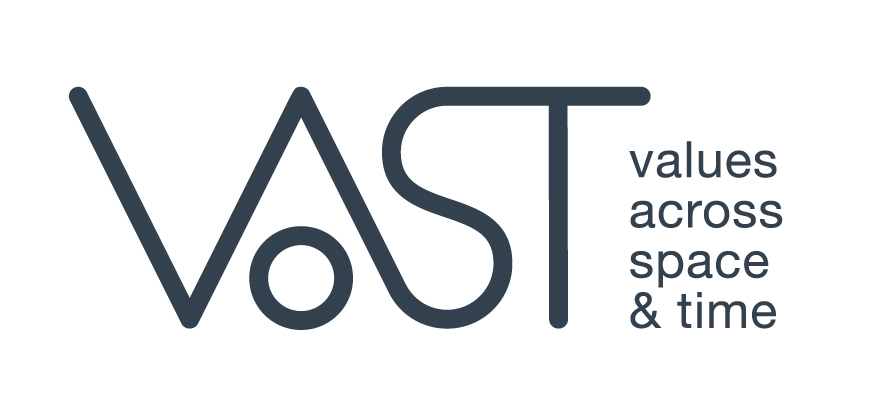Values in Ancient Greek Drama
This pilot focuses on ancient drama literature and the values which were integrated into these works. In contemporary adaptations of ancient drama, the ancient texts are no longer confined to a narrow circle of scholars but are introduced in a wide spectrum of social life. They inspire and trigger various creative forces, those who seek ideas on human rights and the right of political asylum, expansionism, genocide, the conflict between East and West, and the concept of the “other”. They refer even to those who are concerned with psychoanalysis (e.g. Medea or Andromache). Furthermore, ancient texts provide an invaluable source for those who investigate human nature and values. Ancient texts trigger questions on their timeless and invariable nature or their historically dependent and ever-changing nature (e.g. the moral questions erupting from Antigone, Hecuba and Medea).
The author’s meaning may be inherent in the original text, but is appropriated and reproduced by the recipient, the reader, or the spectator, who is the final co-author of the meaning. The contemporary theory of reception holds that everything is a reproduction of (pre) existing texts. As Roland Barthes has argued, intertextuality is the state of any text. Therefore, all contemporary artistic creation is primarily a form of social co-creation and every theatrical production is always reproduction. Every meaningful act of writing loses a part of its original context when it is transferred and appropriated in a different context.
Every appropriation reinvents aspects of the present and releases the potential of a new explanation of the world and ourselves. Therefore, we have to address questions concerning the origins of values in a different historical era (eg antiquity), but we also have to understand how these values are reinvented by the directors, actors and the audience in the modern era.
